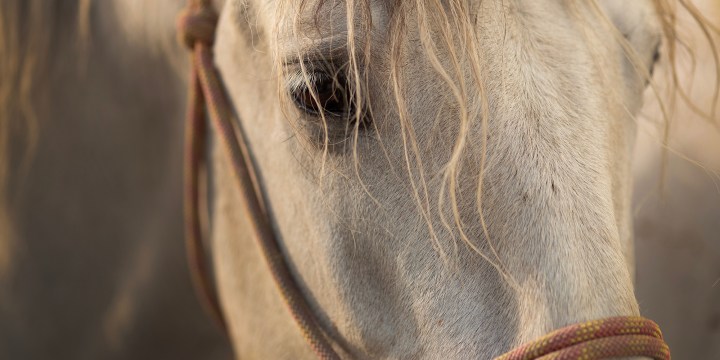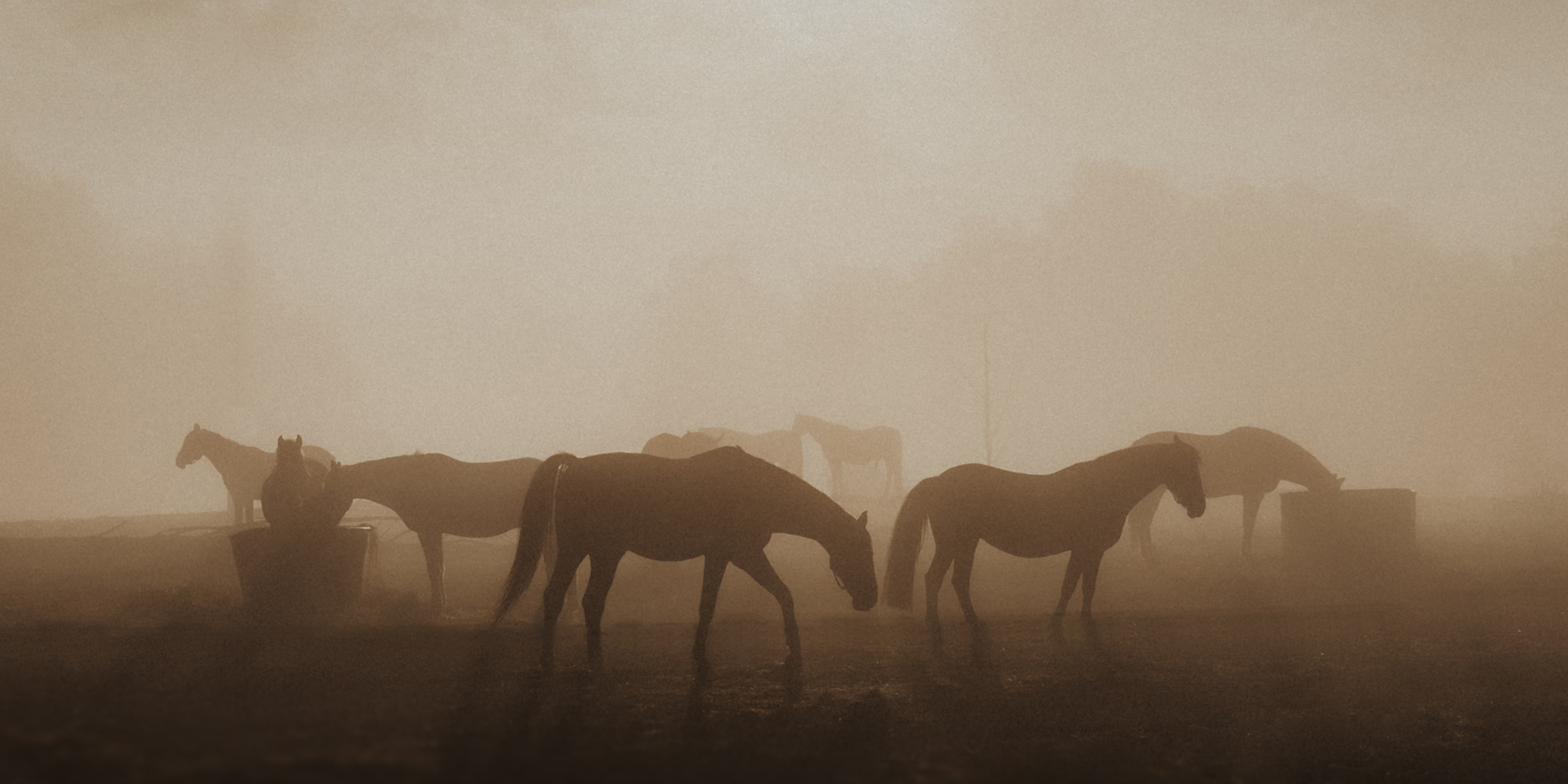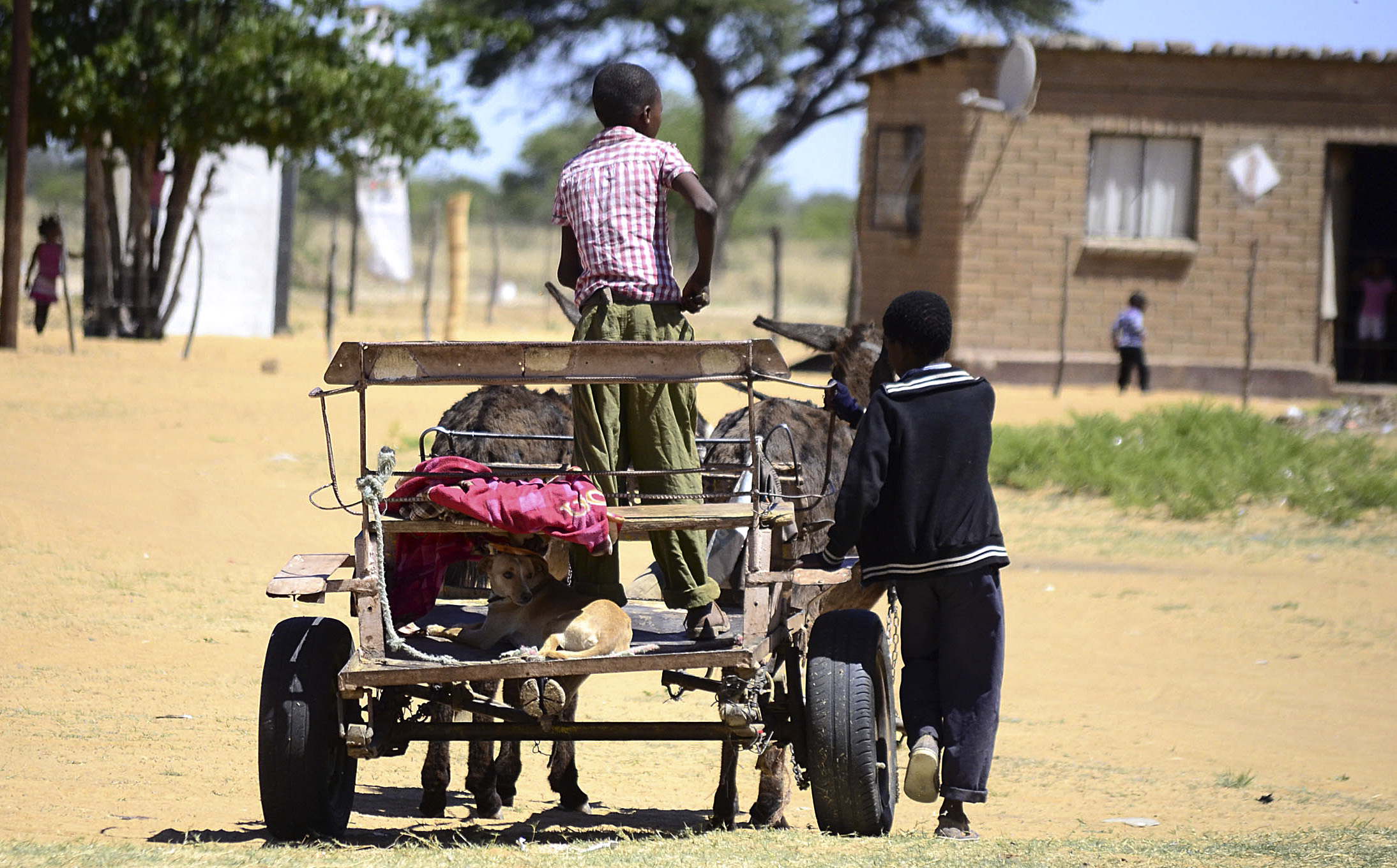DISEASE OUTBREAK
Eastern Cape a hot spot as African Horse Sickness sweeps across SA

Horse owners are calling for the government to help them stop an African Horse Sickness outbreak that is spreading at a rapid rate across all provinces, with the exception of the Western Cape.
African Horse Sickness (AHS) is spreading like wildfire across South Africa (SA), and since February 2023, more than 300 horses have died of the sickness.
Noko Masipa, DA Shadow Minister of Agriculture, Land Reform and Rural Development, says they are seeing a high number of horses dying throughout the country, with the Eastern Cape recording the highest number of incidents.
“So far reported fatalities in the Eastern Cape are 189, and cases reported are 196. The reports received indicate that all provinces are affected by AHS except for the Western Cape. A total of 311 cases have been reported and there are 223 fatalities,” he said.
Masipa said the Eastern Cape has the highest number of cases, followed by KwaZulu-Natal with 28 cases and 10 fatalities, and Mpumalanga with 25 cases and 11 fatalities.
“We will soon be paying a visit to the horse owners that are affected. Horse owners in the Eastern Cape are using horses for various things like ploughing the fields, riding horses to go collect the cattle, and also horse racing events. So, they are a source of rural agricultural economic activity,” he said.
Masipa said one of the challenges faced is that the incidents can only be recorded as AHS once they have been properly diagnosed by veterinarians.
“But signs and symptoms make them AHS suspects. Our engagement with horse owners is that the state veterinary services in the Eastern Cape don’t turn up when they are called. It is the veterinary doctor that must confirm the incidents,” Masipa said.
Lacking fighting action on the ground
Masipa said actions are lacking on the ground to fight AHS.
“The absence of veterinary services and production of vaccines on time is a major headache for farmers. The vulnerable rural farmers have no voice in the discussions with the industry because they aren’t part of the discussion. Support services to them are non-existent. They are on their own,” he said.
Masipa thanked horse breeder Lins Rautenbach and her team of volunteers, who are stepping in to do government work on certifiable diseases, but says the government is nowhere to be seen in supporting communal donkey and horse owners.
Read more in Daily Maverick: Outbreak of foot-and-mouth disease demands coordinated and rapid state intervention
Rautenbach said AHS in SA has reached a point where it is tragic and affecting many lives.
“The problem in the country is that although the sickness is controlled, there are no formal statistics from the government. Owners need to do their own tests, and the tests are expensive. The majority of rural people cannot afford to have their horses tested. There is also a stigma attached to AHS and many people don’t report it because the state vet does not respond, or when they respond there is no record-keeping,” she said.
Their group has kept records of numbers of reported cases for a while, which remain suspected cases, even though clinical signs are there because the tests are not done.
“Horses in the country play a diverse role, there are the wealthy who own stud farms, racing horses and show horses, which are making big money. There are horse owners who can afford to own a private stable yard and can take care of the horse.
“Then there are cart-horse owners and herdsmen, and for these people these animals are their livelihood. They rely on these animals for their bread and butter. Their horses are not just companion animals, they are how they earn a living,” said Rautenbach.
She said the horses pull carts to carry wood or coal, or horses are used to herd sheep and cattle.

African Horse Sickness is spreading like wildfire across South Africa. Since February 2023, more than 300 horses have died of the sickness. (Photo: Unsplash / Janko Ferlic)
AHS does not discriminate
“AHS does not discriminate between a race horse worth millions, or a cart horse that is living with a family and working for a family below the poverty line,” she said.
Rautenbach said the terrible thing about AHS is that even if a horse is vaccinated it can still die.
“It is devastating. AHS has hit every province, it started with the Eastern Cape being the hot spot where in Mthatha alone 120 horses that we know of died in a space of two weeks.”
She said AHS is sweeping right across the country to Gauteng, Northern province, Limpopo, KwaZulu-Natal, Mpumalanga and the Northern Cape.
“It has gone crazy and it is absolutely devastating to watch these people losing their animals and there is nothing you can do about it. AHS also affects dogs; it is spread by small flies, and symptoms can include swelling and redness around the eyes and elsewhere on the face, frothing and discharge from nostrils, fever, slow and heavy breathing, coughing, and a swollen face,” Rautenbach said.
She said the AHS vaccine has to be purchased but it is not doing the work.
“The vaccine is expensive and scarce, and an average person cannot afford it. It is also outdated, and many vaccinated horses are dying the same way as unvaccinated horses,” she said.

Two boys riding a donkey cart in Piet Plessis, in North West, in November 2017. (Photo: Gallo Images / Sowetan / Tiro Ramatlhatse)
In fear of an outbreak
Rautenbach lives in fear of the disease every summer season.
“All we want is an effective vaccine that is available to every horse owner. This outbreak has started to take its toll on horse owners’ mental health,” she said.
Linda Scrace, who has more than 20 years experience working with horses, said she has never seen anything “as ugly” as AHS.
“Nothing puts fear in my life like AHS. I see the heartache and battle the horse owners fear every year. I have been fighting for a horse’s life for 10 days now and it was vaccinated. I see people fighting for their horses, not sleeping at night, trying to do everything to save their horses. It is just absolutely heartbreaking,” she said.
Scarce said there are nine strains of AHS and two vaccines per season.
“Those vaccines only cover seven strains. Over the years there hasn’t been any work done to try and produce a better vaccine. There has been no vaccine produced in the last two years,” she said.
Zipho Linda, communications officer at Onderstepoort Biological Products (OBP), said they are producing the AHS vaccine and it will be available early this month.
“We are aware of the outbreak and the country is not facing a vaccine crisis,” she said.
Department of Agriculture, Land Reform and Rural Development spokesperson Reggie Ngcobo said AHS is endemic in most areas of SA, except for the controlled area of the Western Cape.
“The high-risk period is from November to April when the vectors are most active. OBP produces vaccines that owners can buy. Some provinces have different programmes for farmer support, and depending on the priorities, they may offer vaccines to farmers,” he said. DM/OBP


















Comments - Please login in order to comment.